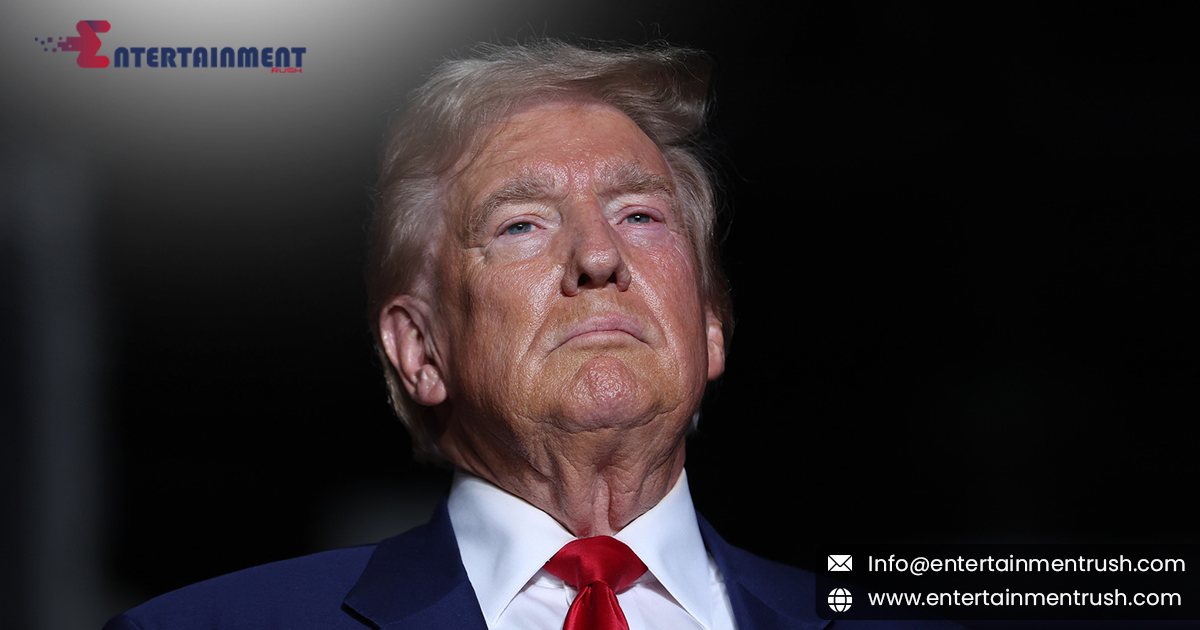In recent news, the Secret Service is under intense scrutiny following an apparent assassination attempt on former President Donald Trump. As details continue to emerge, the focus has shifted to the effectiveness and reliability of the agency responsible for protecting some of the nation’s most high-profile individuals. This blog will explore the current situation, the implications for the Secret Service, and the broader questions about security protocols in the wake of this troubling incident.
The Incident: What We Know So Far
The apparent assassination attempt on Donald Trump, which occurred recently, has sent shockwaves through the political and security communities. Initial reports suggest that Trump was targeted in an attack that raised serious concerns about his safety and the effectiveness of the Secret Service’s protective measures. The specifics of the attempt, including how it was carried out and the immediate response, are still unfolding as authorities investigate.
In the wake of the incident, live updates have been streamed continuously, providing the public with real-time information about the situation. These updates have highlighted several key issues: the nature of the attack, the immediate response by law enforcement, and the ongoing investigation into the perpetrators. As the details emerge, scrutiny of the Secret Service’s role and their response has intensified.
The Secret Service Under the Microscope
The Secret Service, an agency renowned for its high-stakes protection of U.S. presidents and other dignitaries, is now facing significant criticism. Questions are being raised about how the agency managed the situation and what could have been done differently to prevent the attack.
Key points of scrutiny include:
Response Time:
How quickly did the Secret Service respond to the apparent attempt? Was there any delay that could have compromised Trump’s safety?
Security Measures:
Were the security protocols in place sufficient to prevent such an attack? What are the gaps in the current system that allowed this incident to occur?
Preventive Measures:
What steps are being taken to ensure that similar incidents do not happen in the future? How will the Secret Service improve its strategies to protect high-profile individuals?
Impact on Security Protocols
This incident is likely to prompt a comprehensive review of security protocols not just for the Secret Service, but for all agencies involved in high-level protection. The need for enhanced security measures, better intelligence sharing, and more effective threat assessment practices will be crucial in addressing the vulnerabilities exposed by this attack.
Additionally, the scrutiny may lead to policy changes and reforms aimed at strengthening the protective measures for public figures. This could include updates to security training, improved technology for threat detection, and more stringent procedures for handling potential threats.
The Broader Implications
The ramifications of this event extend beyond the immediate safety of Donald Trump. The scrutiny of the Secret Service underscores broader concerns about the security of political figures and the effectiveness of protective agencies. It raises questions about how well prepared the U.S. is to defend its leaders from potential threats and what can be done to enhance overall national security.
Public confidence in the ability of security agencies to protect high-profile individuals is critical. Incidents like these can erode trust and prompt demands for accountability and transparency. As investigations continue, the focus will be on restoring confidence in the Secret Service and ensuring that appropriate measures are in place to prevent future attacks.
Conclusion
The live updates on the Secret Service’s scrutiny following the apparent assassination attempt on Donald Trump highlight a critical moment for U.S. security agencies. As investigations proceed, the attention remains fixed on how effectively the Secret Service managed the situation and what changes are needed to strengthen security protocols. The outcome of this scrutiny will have lasting implications for the agency’s operations and the broader landscape of national security.
